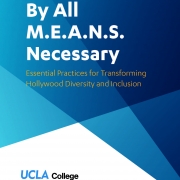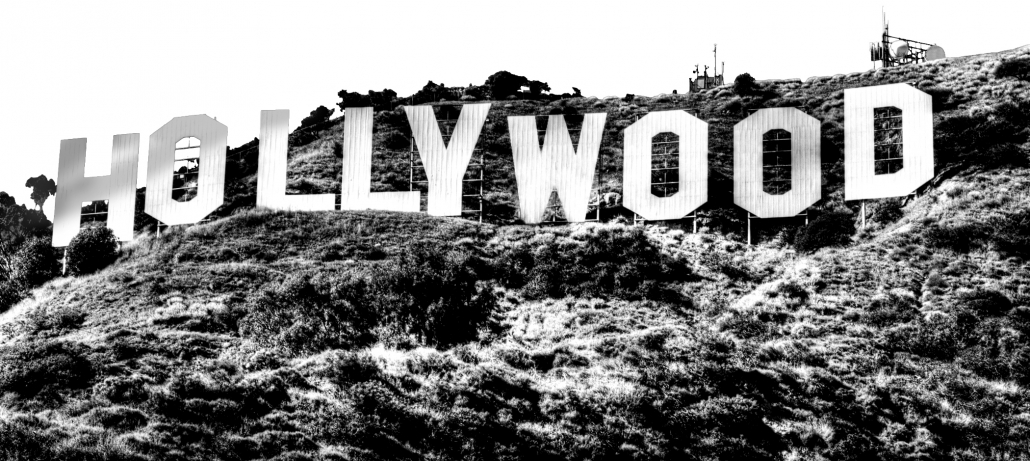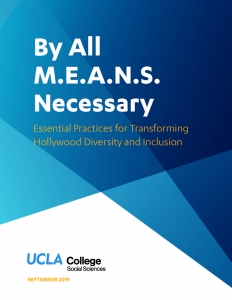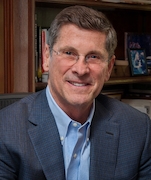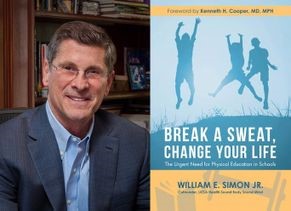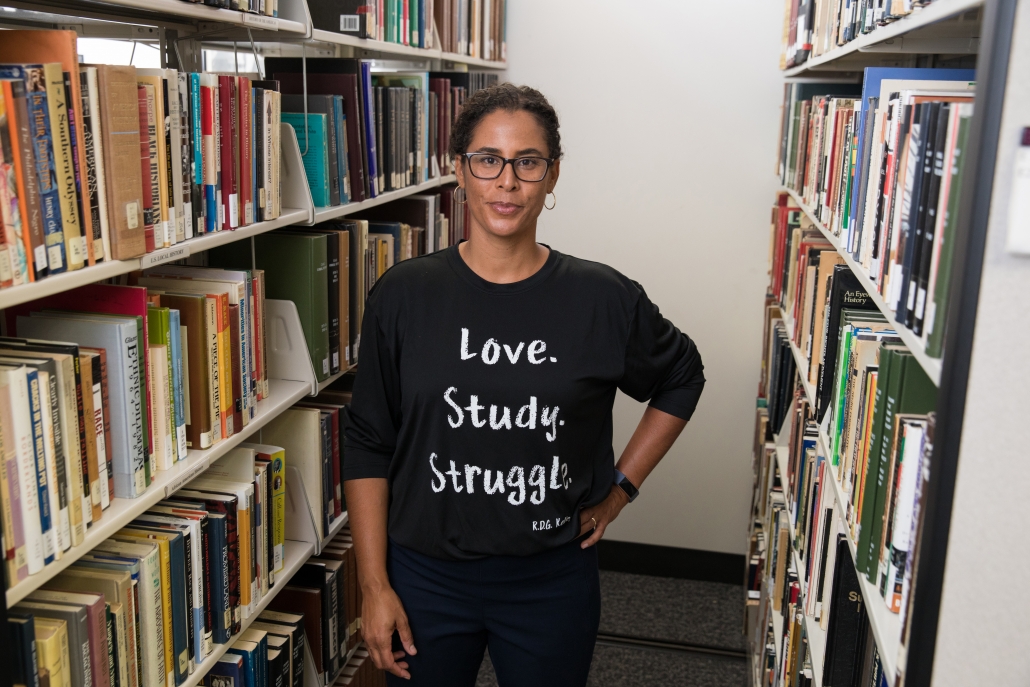
Photo Credit: John D. & Catherine T. MacArthur Foundation
Dr. Kelly Lytle Hernandez, Professor of History and African American Studies at UCLA, has been awarded the 2019 MacArthur Fellowship. The John D. and Catherine T. MacArthur Foundation honors 26 luminaries, who each receive $625,000 over five years. The Chicago-based foundation has awarded these “genius” grants every year since 1981 to help further the pursuits of people with outstanding talent.
As the Director of the Ralph J. Bunche Center for African American Studies at UCLA, Professor Lytle Hernandez is one of the nation’s leading experts on race, immigration, and mass incarceration. She is also the author of the following award-winning books, Migra! A History of the U.S. Border Patrol and City of Inmates: Conquest, Rebellion, and the Rise of Human Caging in Los Angeles.
Currently, Professor Lytle Hernandez is the principal investigator for Million Dollar Hoods, a university-based, community-driven research project that maps the fiscal and human cost of mass incarceration in Los Angeles.
The following is an excerpt of a LA Social Science interview with Professor Lytle Hernandez reflecting on her significant and impactful research:
LASS: Why is it important to do this type of research?
KLH: Well, I’ve now written two books. The first book was a history of the US Border Patrol, so it’s about race and policing on the US Mexico border. And the second book is about the rise of mass incarceration here in Los Angeles. This too was about race and indigeneity and policing in our local area. And what I’ve learned in the last 20 years of study and in the completion of those two books, is that our carceral regime is really geared toward a system of what we call in settler colonial studies is, mass elimination, that this isn’t a responsive system to so called deviancies that are happening out in the community, that on its grand mass scale, in fact, it is geared toward removing, encouraging, i.e. eliminating targeted populations, namely for Black folks or Brown folks and Native communities and queer communities.
So when I came to this really chilling understanding of what’s happening around us, it’s not just the prison industrial complex, that is about generating profits off of our bodies, but it is also about banishment and elimination. One has to ask themselves who they are, not just as a scholar, but as a person, do I simply document what’s happening around us in this world or do I try to intervene? So that’s where Million Dollar Hoods came from. It’s really a community-based research project that we have grounded here at UCLA. I work with a variety of community based organizations to determine what we want to know about the current trends in policing and incarceration, so that we can interrupt them and that we can move us in a new direction.
LASS: What is the impact you are hoping that your work provides?
KLH: It’s twofold. So we hope that our research advances the movement not just to end mass incarceration, but to reinvest in education, in healthcare, and employment and housing and counseling, and parks, and so on and so on – that certainly is one aspect of it. The other is that we are highly committed to training a new generation of data analysts and public scholars. So if you look at our team, we probably have one of the most unique data teams in the country, where we are Black and Brown majority, we are residents of million dollar hoods majority. We have a sizable number, notable number of formerly incarcerated students, and what we’re doing is training people up to be the researchers, to put the power of the data in their hands moving forward. We’re really proud of that dimension as well.
So yes, it’s the research, but anyone can do the research and in some ways any team – if they figured out how to work with community – can do the research. We are transforming who has access to the skill set to run those analyses and we’re proud of both of those accomplishments.
LA Social Science would like to congratulate Professor Kelly Lytle Hernandez on this well-deserved honor, and wish her and the other awardees much success as they continue to demonstrate “extraordinary originality.”

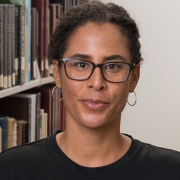

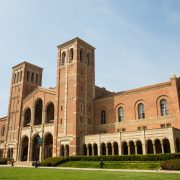
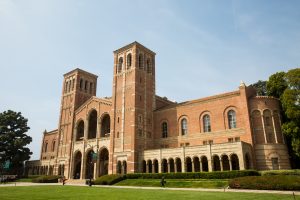 The Bedari Foundation, established by philanthropists Jennifer and Matthew C. Harris, has given $20 million to the
The Bedari Foundation, established by philanthropists Jennifer and Matthew C. Harris, has given $20 million to the 